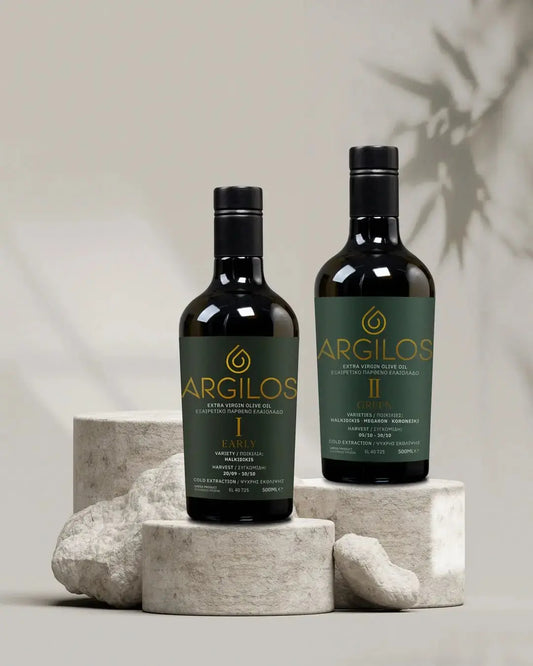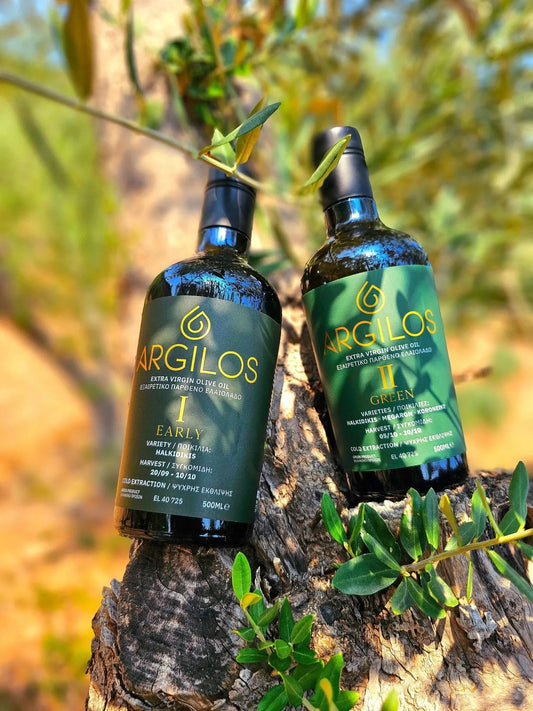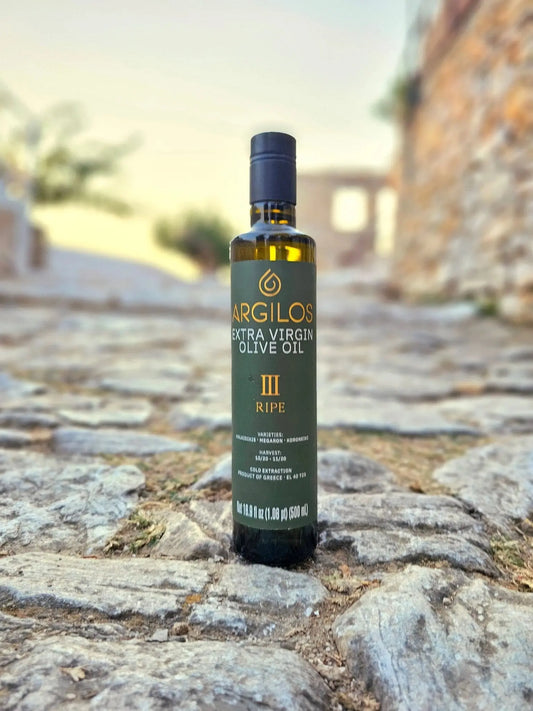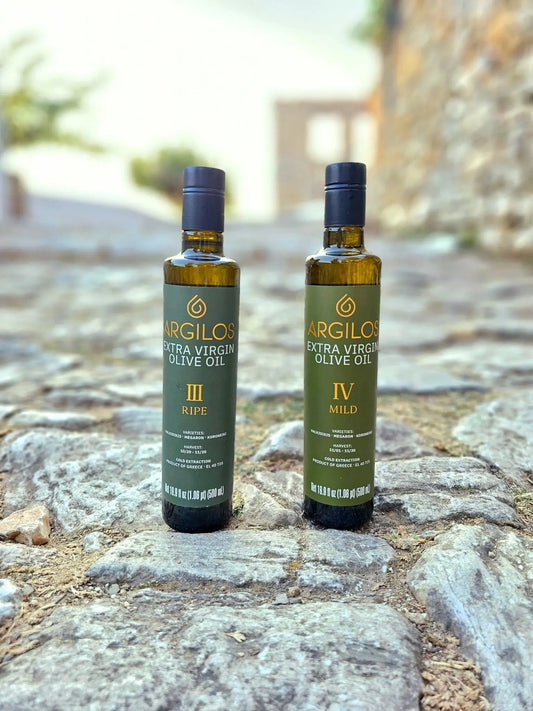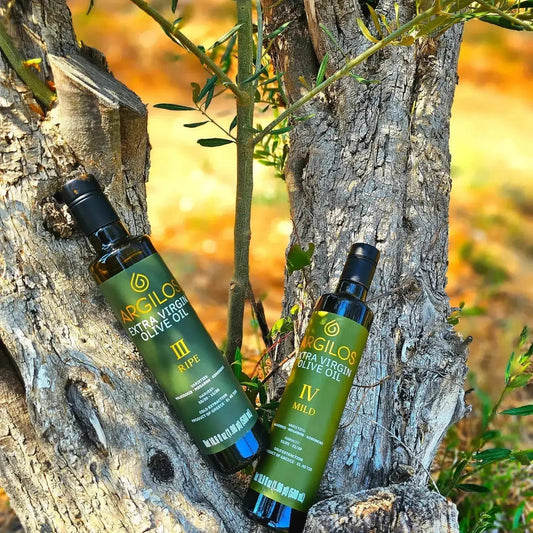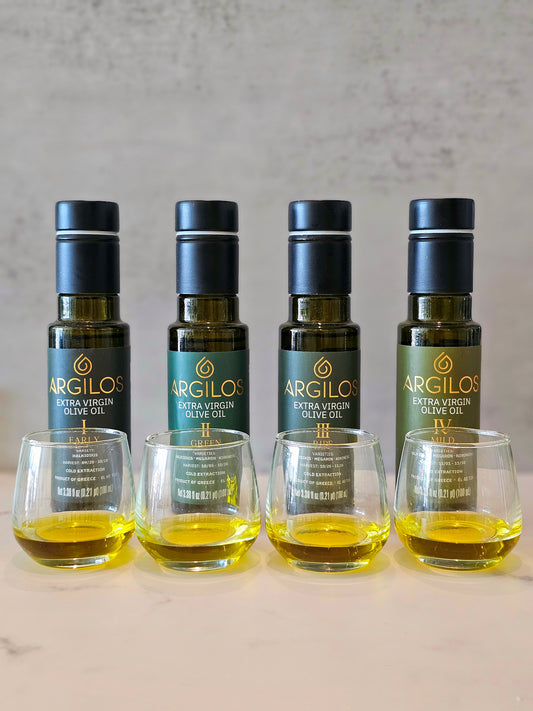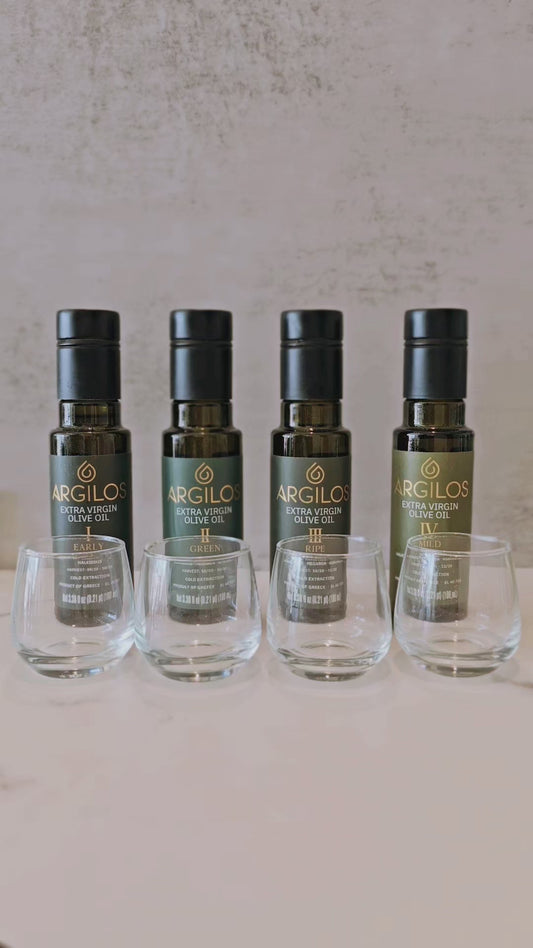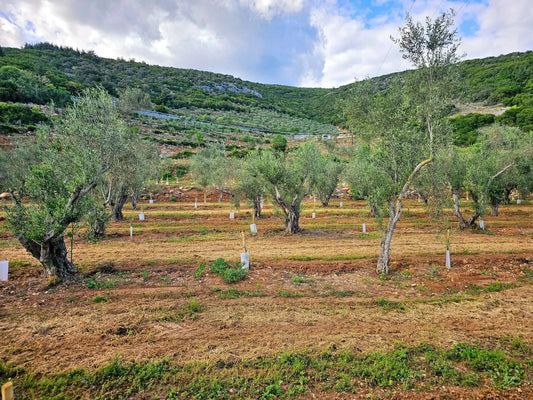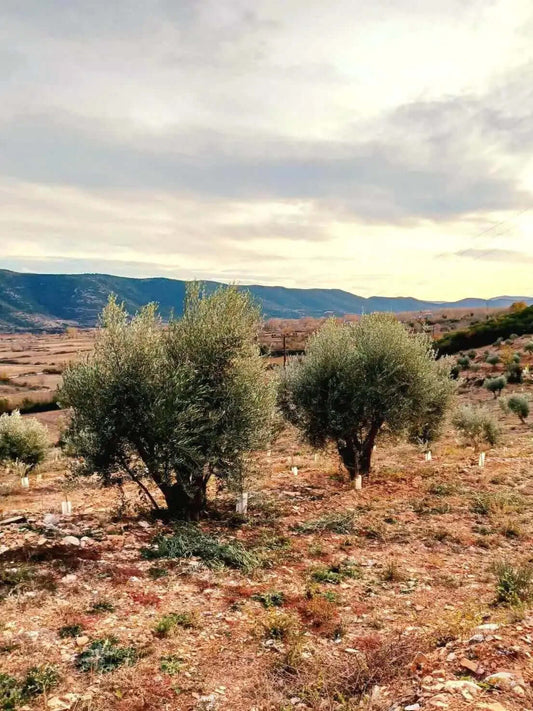Longevity in a Bottle: The Science Behind Mediterranean Health
Share

The Mediterranean Miracle: Unveiling Centuries of Health Wisdom
The azure waters of the Mediterranean Sea cradle more than picturesque landscapes—they nurture one of humanity's most revered dietary patterns. For generations, inhabitants of coastal regions spanning Greece, Italy, and Spain have experienced remarkable longevity and vitality, prompting researchers worldwide to investigate the correlation between their dietary habits and exceptional health outcomes. This nutritional philosophy transcends mere sustenance; it embodies a holistic approach to wellness deeply integrated with cultural practices and local ecosystems.
Mediterranean inhabitants instinctively practice what modern nutritional science now validates—a diet rich in olive oil, fresh produce, whole grains, and minimal processed foods creates a symphony of protective compounds that shield the body against chronic diseases. The traditional Mediterranean diet doesn't merely extend lifespan; it enhances healthspan—the duration of life characterized by vigor and freedom from debilitating conditions.
The Cornerstones of Mediterranean Nutrition
At the epicenter of Mediterranean nutrition lies olive oil—liquid gold that delivers monounsaturated fats and powerful antioxidants. Studies consistently demonstrate that populations consuming high-quality olive oil experience reduced rates of cardiovascular disease, certain cancers, and cognitive decline. The polyphenol content in premium extra virgin olive oil provides anti-inflammatory benefits that cellular health research increasingly validates as fundamental to longevity.
Authentic Mediterranean cuisine balances this nutritional cornerstone with an abundance of fresh vegetables, fruits, legumes, and whole grains—creating meals that optimize nutrient density while maintaining modest caloric values. Fish and seafood appear regularly, while red meat assumes an occasional, celebratory role rather than dietary staple.
Liquid Gold: The Science Behind Olive Oil's Health Benefits
Olive oil's reputation as a health elixir stems from its complex biochemical profile. Extra virgin olive oil—obtained through mechanical pressing without chemical processing—preserves crucial bioactive compounds that ordinary cooking oils lack. These compounds include oleocanthal, which research indicates has anti-inflammatory properties comparable to ibuprofen, and oleuropein, which demonstrates impressive antioxidant capacity.
The relationship between olive oil consumption and cardiovascular health represents one of nutrition science's most robust findings. Multiple clinical trials confirm that regular consumption of high-polyphenol olive oil reduces LDL cholesterol oxidation—a key factor in atherosclerosis development—while simultaneously improving endothelial function and blood pressure regulation.
The Polyphenol Powerhouse
Polyphenols—micronutrients abundant in extra virgin olive oil—constitute a primary mechanism behind the Mediterranean diet's protective effects. These compounds neutralize free radicals, mitigate cellular damage, and modulate inflammatory pathways. Not all olive oils deliver equal polyphenol content, however. Early-harvest oils typically contain substantially higher concentrations, with processing methods and storage conditions further influencing preservation of these valuable compounds.
For the discerning health enthusiast seeking olive oil's full benefits, understanding polyphenol content becomes essential. Premium producers increasingly provide transparency regarding harvest timing and polyphenol measurements, empowering consumers to make informed selections.
From Mount Pangaion to Your Table: Authentic Mediterranean Nourishment
The journey from ancient olive groves to your kitchen represents a crucial factor in olive oil's nutritional profile. Authentic Mediterranean olive oils, especially those from heritage groves with traditional cultivation methods, often contain superior polyphenol profiles and flavor complexity compared to mass-produced alternatives.
When seeking authentic Mediterranean nutrition, source integrity becomes paramount. The rugged landscapes of regions like Mount Pangaion in Kavala, Greece, produce distinctive olive varieties adapted to specific microclimates. These olives, when pressed within hours of harvest using cold-extraction techniques, yield oils with exceptional nutritional profiles and sensory characteristics.
Traceability and Transparency: The Modern Consumer's Guide
For today's health-conscious consumer, provenance verification represents an increasingly important consideration when selecting Mediterranean products. Leading producers now implement traceability systems—from QR codes to blockchain technology—allowing consumers to verify harvest dates, cultivation methods, and even specific groves.
This transparency revolution empowers consumers to identify authentic products while supporting sustainable agricultural practices integral to Mediterranean traditions. By selecting traceable, single-estate products, consumers simultaneously support their health goals and ecological sustainability.
Nostos Goods embodies this philosophy of transparency and excellence by sourcing award-winning Argilos Extra Virgin Olive Oil directly from Mount Pangaion in Kavala, Greece. Their commitment to quality is evident in their range of four taste intensities—from robust early-harvest oils rich in polyphenols to milder late-harvest varieties—allowing consumers to experience the full spectrum of Mediterranean olive oil's potential. Each bottle comes with QE traceability, ensuring authenticity and ethical sourcing practices.
For those seeking to incorporate authentic Mediterranean nutrition into their wellness routines, Nostos Goods' cold-pressed, single-estate oils represent an exceptional foundation. The significant polyphenol content in these carefully crafted oils delivers the anti-inflammatory and antioxidant benefits that research associates with Mediterranean longevity.
Beyond Olive Oil: The Mediterranean Diet's Diverse Components
While olive oil garners substantial attention, authentic Mediterranean nutrition encompasses a diverse spectrum of complementary foods. The synergistic interaction between various dietary components creates a nutritional matrix greater than the sum of its parts.
Nostos Goods extends beyond exceptional olive oils to offer a comprehensive Mediterranean culinary experience. Their collection includes artisanal olive pastes in basil, oregano, green, and black Kalamon varieties—traditional Mediterranean staples that enhance meals while delivering nutritional benefits. These authentic products provide convenient ways to incorporate Mediterranean flavors into everyday cooking, helping modern consumers bridge the gap between ancestral wisdom and contemporary lifestyles.
Each item in the Nostos collection represents a tangible connection to the Mediterranean health tradition, allowing eco-conscious millennials and Gen Z consumers to experience genuine products while supporting sustainable, ethical production practices.
Plant-Forward Abundance
Traditional Mediterranean diets derive approximately 60-70% of calories from plant sources—vegetables, fruits, legumes, nuts, seeds, and whole grains. This botanical abundance delivers phytochemicals, fiber, and micronutrients in combinations that modern nutritional research increasingly recognizes as optimal for human physiology.
Notable among Mediterranean plant foods are leafy greens like purslane and dandelion—often foraged rather than cultivated—which contain exceptional micronutrient profiles including omega-3 fatty acids rarely found in terrestrial plants. Legumes appear regularly, providing plant protein, resistant starch, and soluble fiber that support metabolic health and microbiome diversity.
The Lifestyle Connection: Beyond Food Alone
The Mediterranean approach to health transcends dietary composition to encompass broader lifestyle patterns. Physical activity integrated naturally into daily routines, communal dining practices, and stress management through social connection form integral components of this holistic wellness framework.
"The Mediterranean diet is not merely about nutritional content—it represents a cultural approach to living that honors food as a source of pleasure, connection, and nourishment simultaneously."
The Ritual of Mealtime
Mediterranean cultures traditionally approach meals as social experiences rather than functional necessities. This mindful, unhurried approach to eating influences both food selection and physiological responses to meals. Research indicates that eating in relaxed, social environments improves digestion, enhances satisfaction, and prevents overconsumption—factors increasingly recognized as significant for metabolic health.
The ritual of mealtime extends to food preparation, with cooking viewed as an expression of creativity and care rather than a chore. Fresh, seasonal ingredients prepared simply allow natural flavors to predominate, reducing reliance on excessive salt, sugar, or artificial additives.
Adapting Mediterranean Principles to Modern Life
While recreating traditional Mediterranean practices verbatim proves challenging in contemporary settings, core principles remain adaptable to diverse lifestyles. Modern interpretations focus on preserving fundamental nutritional patterns while accommodating regional availability and time constraints.
Practical Implementation Strategies
For those seeking to incorporate Mediterranean principles into daily routines, consider these evidence-based approaches:
- Gradually replace refined oils with high-quality extra virgin olive oil
- Increase vegetable diversity, aiming for 2-3 different varieties per meal
- Incorporate legumes 3-4 times weekly as protein sources
- Reduce processed food consumption, particularly those containing refined carbohydrates
- Designate at least one meal daily as a screen-free, unhurried experience
Frequently Asked Questions
Understanding the nuances of Mediterranean nutrition prompts common questions from those exploring this approach. Here we address several frequently encountered inquiries:
| Question | Answer |
|---|---|
| How quickly can health improvements occur when adopting Mediterranean dietary patterns? | Research indicates certain biomarkers, including inflammatory markers and lipid profiles, may improve within 2-4 weeks of consistent implementation. However, long-term adherence yields progressively greater benefits. |
| Must all olive oil be consumed raw to preserve health benefits? | While some polyphenols degrade during heating, high-quality extra virgin olive oil retains significant beneficial compounds even at moderate cooking temperatures. Reserving premium oils for finishing dishes while using mid-range options for cooking represents a practical approach. |
| Is the Mediterranean diet appropriate for weight management? | Evidence consistently shows Mediterranean dietary patterns support healthy weight maintenance without caloric restriction. The diet's high satiety factor, fiber content, and moderate fat profile naturally regulate appetite mechanisms. |
The Mediterranean approach to nutrition represents more than a transient dietary trend—it embodies centuries of empirical wisdom now validated by modern scientific inquiry. By embracing its fundamental principles—prioritizing whole foods, emphasizing plant diversity, selecting quality fats, and honoring the social context of eating—individuals worldwide can access its remarkable health benefits regardless of geographical location.

